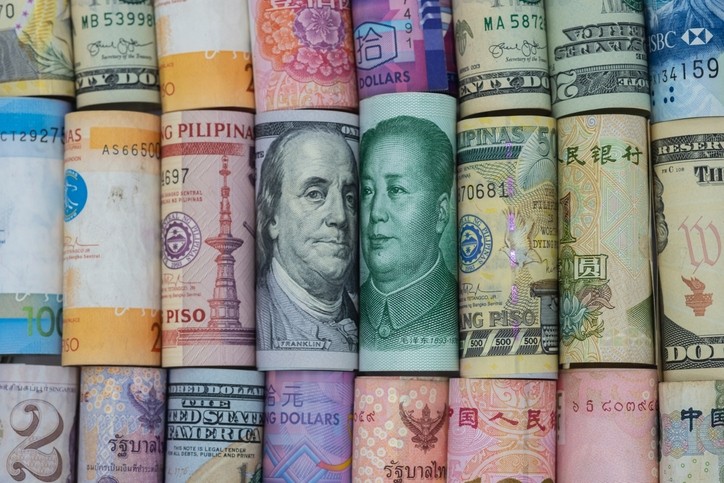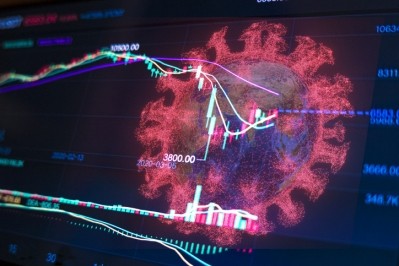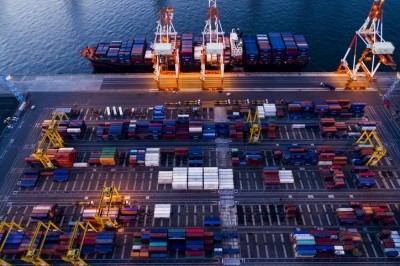Lockdowns, freight and currency challenges fueling high feed additive prices

“We’re approaching the Chinese New Year holidays, which means reduced corporate activity on top of the production restrictions already in place the weeks before.
“While purchasing departments are well aware of this and would have taken it into account, with thorough production and supply planning in advance, this year’s crazy freight market means supply chain experts remain concerned about timely deliveries, and the record costs associated with sea, but also air, freight.
“Some of those believe that trade could be similarly, or even more adversely, affected this year compared to 2020, when COVID-19 hit the world for the first time,” commented Stefan Schmidinger, partner, Kemiex.
It could be a profitable quarter, though, for local European or US producers, as well as traders who built up strategic stock in the second half of 2020, as they would be less affected by disruptions in sea freight and are, thus, set to benefit then from reliable and timely supply, he added.
Currency challenges
The US dollar is getting closer to the lows of 2018 against Renminbi, making purchases in dollar terms more expensive, said the Swiss feed, food additives and API trading platform.
“USD/CNY weakness continues with lows around 6.43 in the first week of January, now retrenching somewhat to 6.47, down -6.1% within one year, and close to levels last seen in June 2018.”
Sea freight: Another week of rising highs and congestion
Freight charges climbed significantly to reach new records in the last weeks, driven by continued strong demand and the upcoming Chinese New Year, said those analysts.
Most hikes were seen on routes from East Asia to Americas, while freight prices for the Asia to Europe routes climbed moderately, noted the Kemiex team.
“Surcharges make the actual cost much higher. Producers of low-price goods are reporting being priced out of the market as transport costs for [goods of] China origin makes up to 30% of total outlay.
“We are also getting mixed reports of some manufacturers in China planning to close early for the holiday since goods can’t be shipped in the coming weeks,” Schmidinger told us.
Containment measures in place as COVID-19 cases emerge in China
China recorded its biggest daily jump in COVID-19 cases in more than five months this week, issuing in containment measures in some areas, as a result, with three cities put under lockdown.
Qiqihar, the second largest city in the Heilongjiang province of China, which is home to a significant producer of lysine and other amino acids, Longjiang Fufeng Biotechologies Co Ltd, among other companies, is facing tighter control measures, while the city of Shijiazhuang in Hebei province, has been put under lockdown. The nearby container port of Dalian, which was closed in December, is now on a go-slow, with port congestion charges being imposed.
Hebei's Langfang city is also under lockdown. The headquarters of Meihua Holding Group Co Ltd, a major amino acids producer, is located there. The company is said to have withdrawn market offers as its administrative employees are working remotely, said the analysts.
Factories located in other regions have not yet been affected, but Kemiex is hearing reports that some major Chinese producers are failing to meet contracts in due time.
NHU methionine projects progressing
In other Chinese producer developments, Chinese feed additives company, NHU, released its 2020 performance forecast, with it expecting a net profit of US$540-600m, a year-on-year increase of 60%-80% driven by vitamin E, biotin, vitamin A and Dl-methionine sales.
The company also disclosed that its methionine and other fermentation projects are progressing well.
China imposes anti-dumping duties on m-cresol imports
Meanwhile, China's Ministry of Commerce is initiating anti-dumping duties from today on imports of m-cresol, an intermediate in the production of vitamin E and other products, originating in the US, the EU, the UK and Japan.
China's ministry said the domestic industry has suffered substantial damage due to the dumping of such products by the US, the EU, the UK and Japan, after it issued a final ruling based on an anti-dumping investigation it launched in July 2019.












